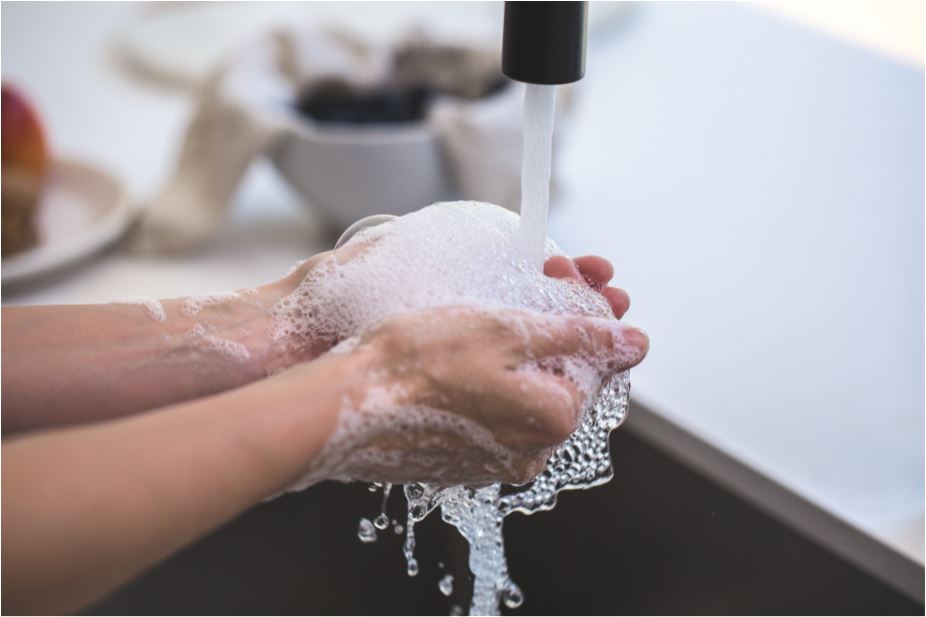
By Kiley Garrett
The state of New Mexico announced the cancellation of public schools for the remainder of the semester on Mar. 27, following the continued rapid spread of the novel coronavirus.
While the virus is certainly nothing to take lightly, it is important to remember to stay calm and avoid misinformation being spread online. It is highly recommended that any news you get regarding COVID-19 comes from a reputable source. The World Health Organization (WHO) suggests you should be weary of news sources that do not state them or another official organization such as the Center for Disease Control (CDC) as direct sources, as this can cause unnecessary panic should the information be false in any way.
“For most people in most locations the risk of catching COVID-19 is still low,” WHO says on their website. “However, there are now places around the world where the disease is spreading. For people living in, or visiting, these areas the risk of catching COVID-19 is higher. Governments and health authorities are taking vigorous action every time a new case of COVID-19 is identified. Be sure to comply with any local restrictions on travel, movement or large gatherings. Cooperating with disease control efforts will reduce your risk of catching or spreading COVID-19.”
While WHO suggests against gatherings of more than five people, they state on their website that masks and gloves are not required should you need to leave your house for any reason.
“Only wear a mask if you are ill with COVID-19 symptoms or looking after someone who may have COVID-19,” WHO’s website states. “The most effective ways to protect yourself and others against COVID-19 are to frequently clean your hands, cover your cough with the bend of elbow or tissue and maintain a distance of at least 1 meter (3 feet) from people who are coughing or sneezing. Remember, a mask should only be used by health workers, care takers, and individuals with respiratory symptoms, such as fever and cough.”
There are other basic things you can do to avoid catching the disease and they are things many people already do every day. Avoid touching your face if possible, wash your hands often and sanitize them when you are unable to wash them with soap and water. Cover your mouth and nose with the bend of your elbow when coughing and sneezing, and if you fear that a surface in your home may have come into contact with COVID-19, simply spraying and wiping down with a disinfectant such as Lysol will clean the area. Should you have recently returned from an area out of the country or in an area where an outbreak has recently or is occurring, call your doctor to see if you should follow a 14-day quarantine for the health and safety of yourself and others. If you begin experiencing symptoms such as a fever, runny nose, or cough, contact your doctor to see if you should be tested.
